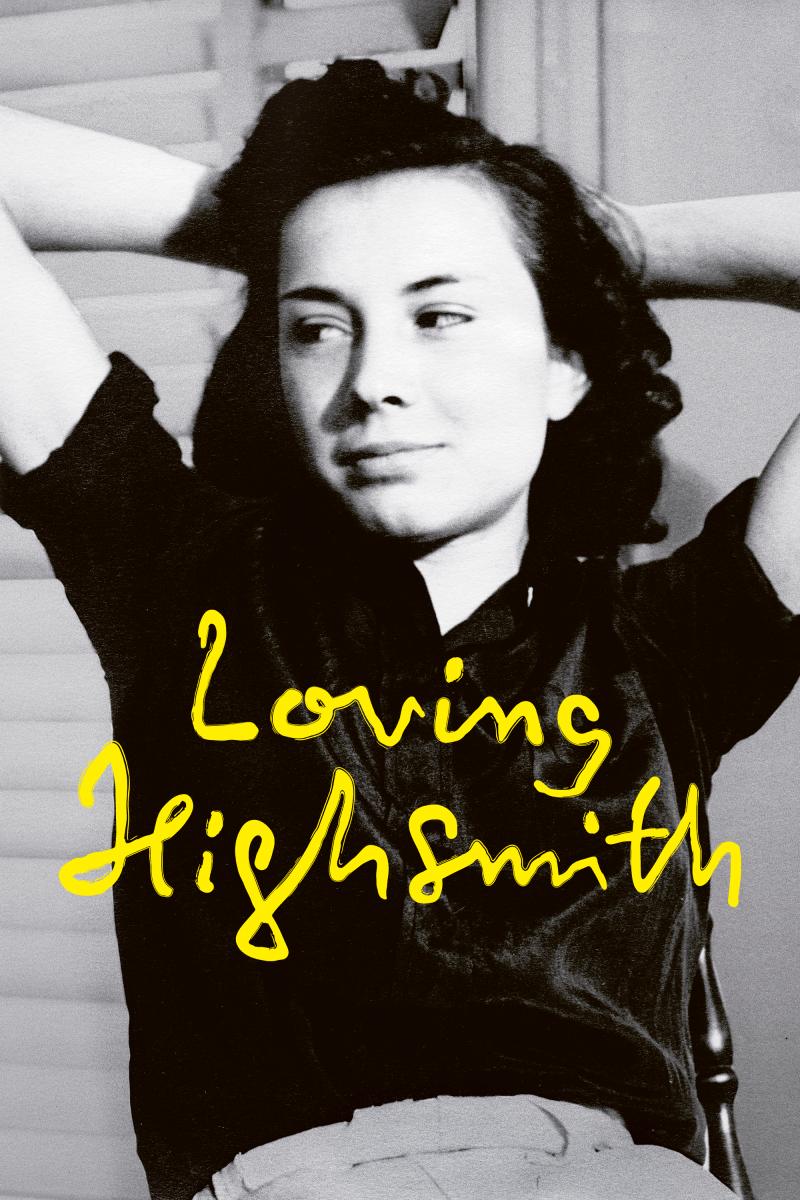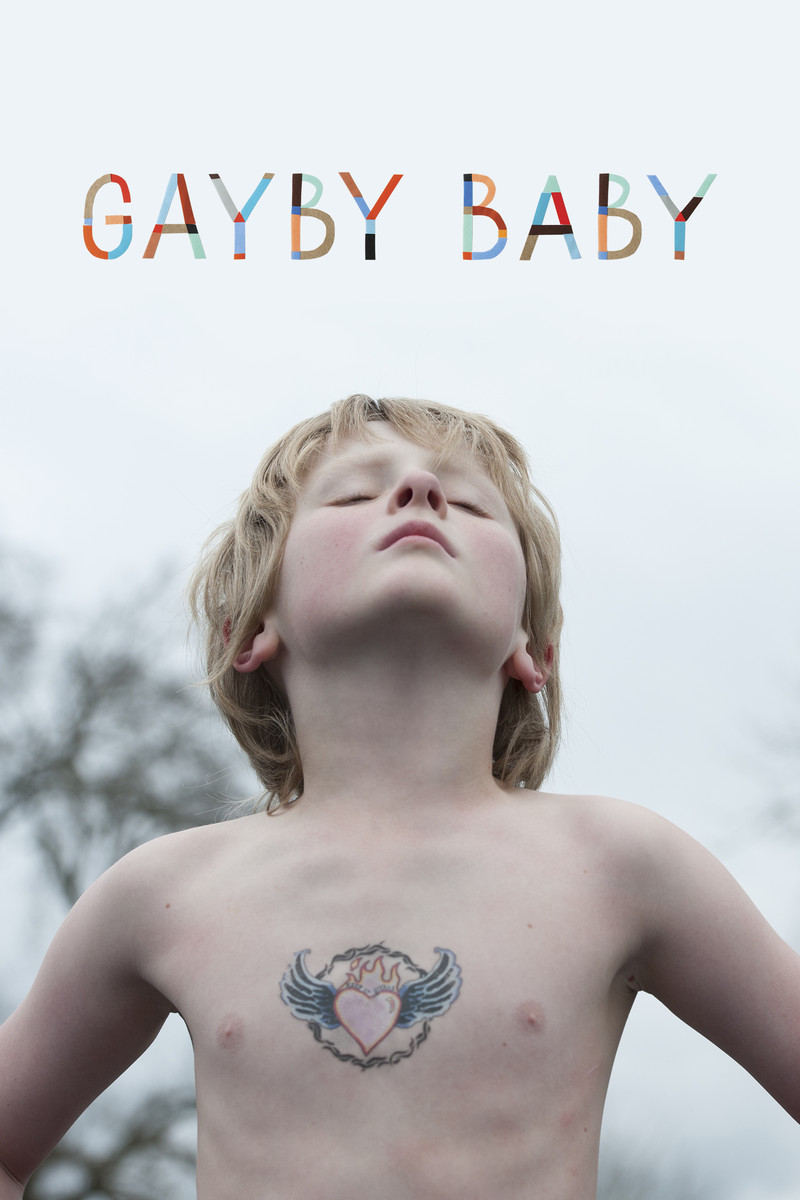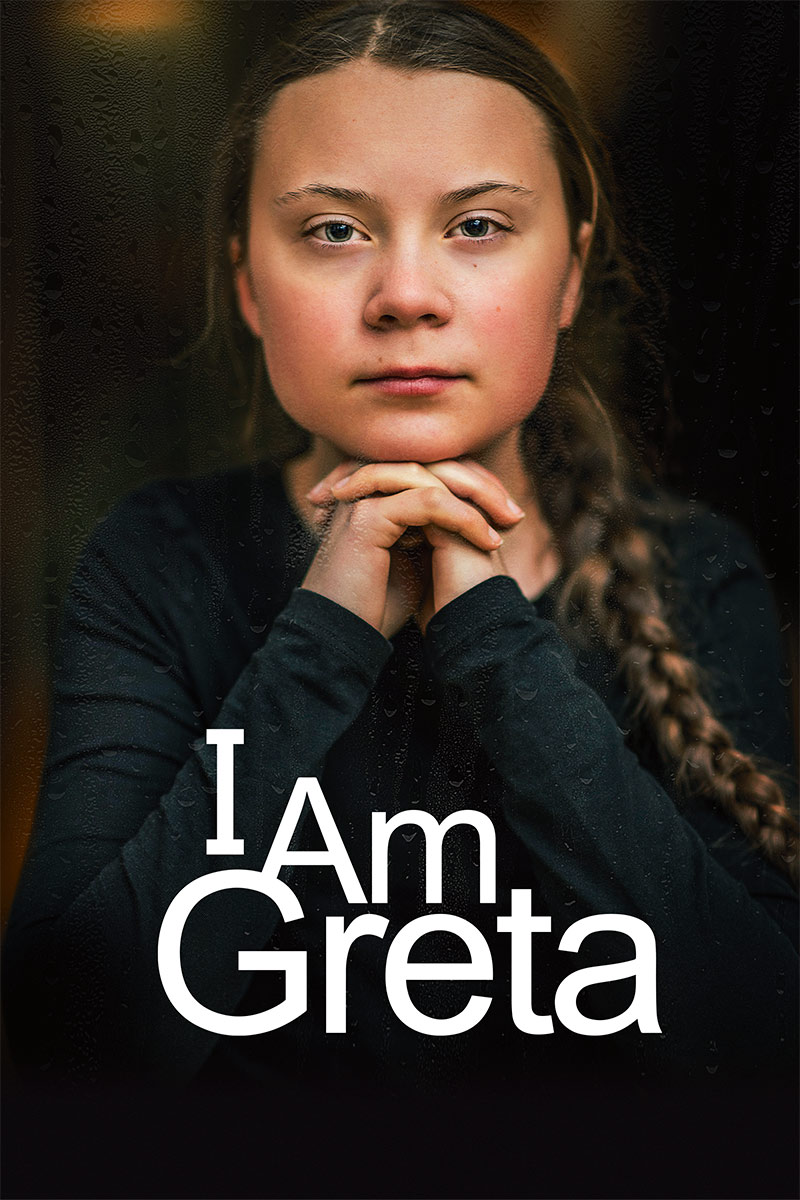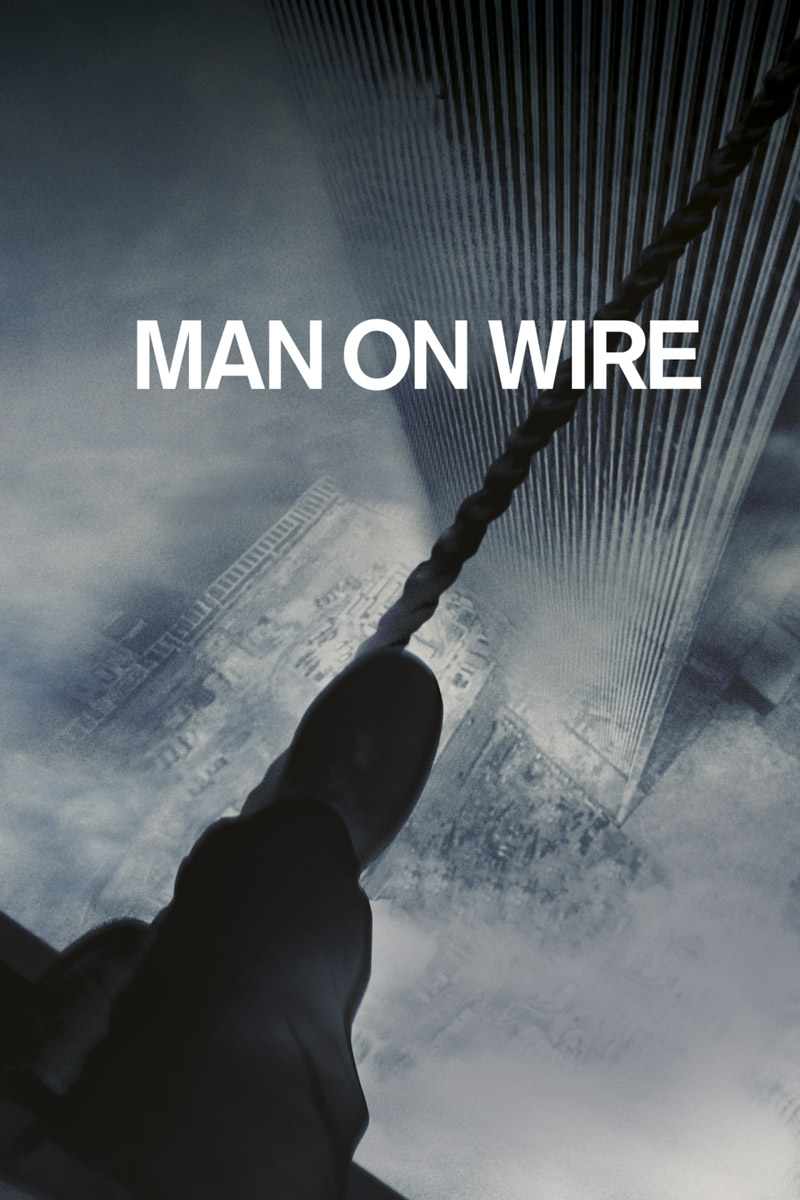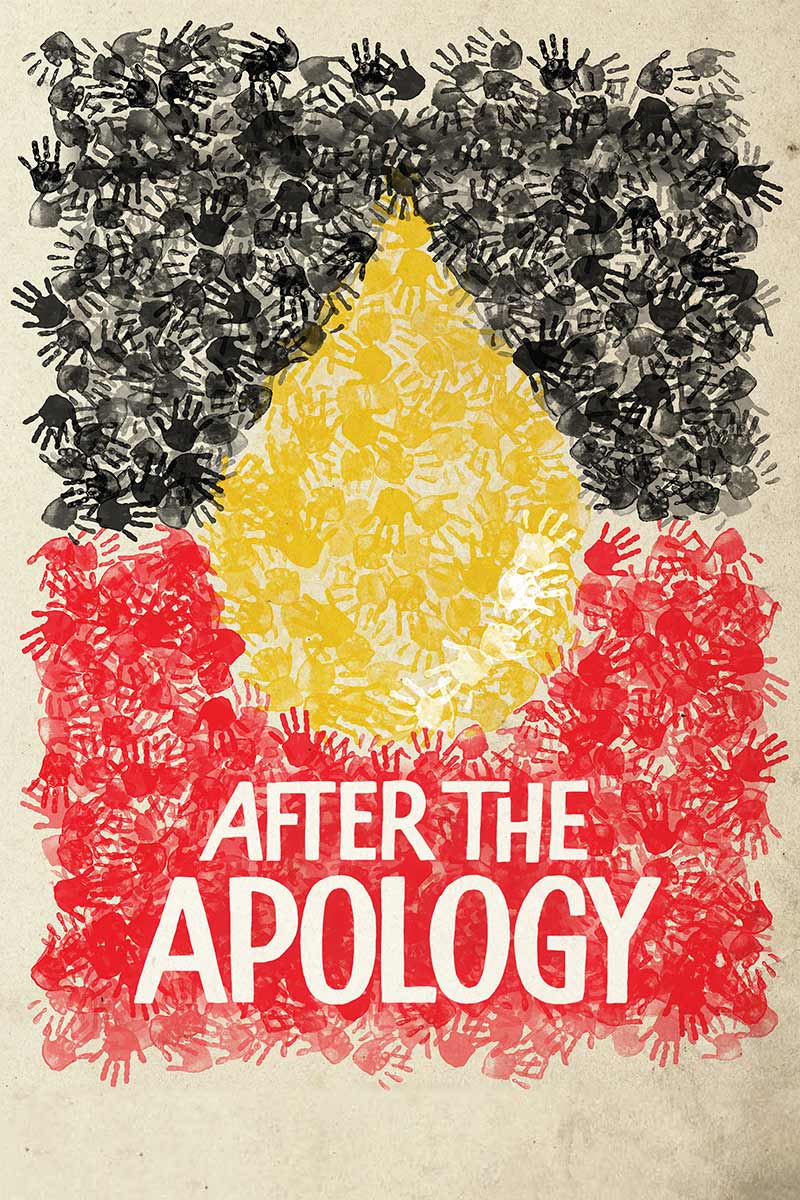Hannah Kent’s first novel, the multi award winning international bestseller, Burial Rites, was translated into over 30 languages and is being adapted for film. Her second novel, The Good People was translated into 10 languages, nominated for numerous awards and is also being adapted for film. Devotion, her third novel, published in 2021, won Booktopia’s Favourite Australian Book, and was shortlisted for multiple industry awards.
Her original feature film, Run Rabbit Run, directed by Daina Reid and starring Sarah Snook, premiered at the 2023 Sundance Film Festival. Hannah is also the co-founder of Kill Your Darlings, and has written for The New York Times, The Saturday Paper, The Guardian, the Age, the Sydney Morning Herald, Meanjin, Qantas Magazine and LitHub. She lives and works on Peramangk and Kaurna country.
Loving Highsmith
Patricia Highsmith, author of the Tom Ripley novels and the celebrated lesbian literary classic Carol (originally published under a pseudonym and as The Price of Salt), is renowned for being a flawed, deeply complicated and private person. Loving Highsmith not only celebrates the extraordinary achievements of Highsmith (the first lesbian novel with a happy ending; adaptations by Hitchcock), but explores her foibles with equal interest. I particularly enjoyed the documentary’s exploration of the wider context that informed the writing of Carol, not least Highsmith’s own sexuality, as well as the many included excerpts from the writer’s notebooks (“kissing a boy is like falling into a bucket of apples”). A must-see for anyone interested in Highsmith’s work, or for those who appreciate a peek behind the curtain of literary celebrity.
Gayby Baby
I watched Gayby Baby while pregnant with my first child, desperate for representation of rainbow families in Australia. This wonderful documentary about the experiences of four children with same-sex parents is a necessary, funny and tender contribution to that growing body of representation. Director Maya Newell centres the voices of the children, honouring their various perspectives to achieve an intimate and moving portrayal of what it means to have same-sex parents, and all the joy and challenge that can entail.
I Am Greta
It can be easy to forget that those who gain international fame and recognition are still, despite it all, people. Such is a public’s tendency to mythologise, especially when it comes to those who become the face of movements for change. I Am Greta is a chronicle of Greta Thunberg’s rise to global celebrity as a climate activist, from a lone teenager with a hand-painted sign outside of Swedish parliament, to the leader of thousand-strong protests held all around the world. However, the inclusion of personal and behind-the-scenes footage also makes I Am Greta a sensitive and informed documentary about Autism and a powerful argument for wider understanding and education about neurodivergence.
Man on Wire
In 1974, Philippe Petit walked a high wire that had been secretly, illegally strung between the two towers of the World Trade Center. Unable to reach him, police were forced to watch - as did much of New York - as he walked and back and forth across the wire with no safety net or rope, for almost an hour. It was an extraordinary feat of artistry; a genius, victimless, criminal escapade upon thin air. Man on Wire explores the preparation and lead-up of the stunt with the same rigor and anticipation of a heist film. It left me breathless and utterly in awe.
After the Apology
After the Apology is a powerful documentary from Larissa Behrendt (who is also an acclaimed novelist and legal academic) that explores and condemns the continued, systemic and forcible removal of Aboriginal and Torres Strait Islander children from their families. Despite Kevin Rudd’s 2008 apology to the Stolen Generations, and the Australian government’s acknowledgement of the deep suffering and trauma caused by previous policies, After the Apology demonstrates that little has changed, with Indigenous children ten times more likely than non-Indigenous children to be placed in out of home care. Following four women who, in their own determination to have their grandchildren returned, start a national conversation about forcible removal - and the racism entrenched within the system - After the Apology is necessary viewing for all Australians.

